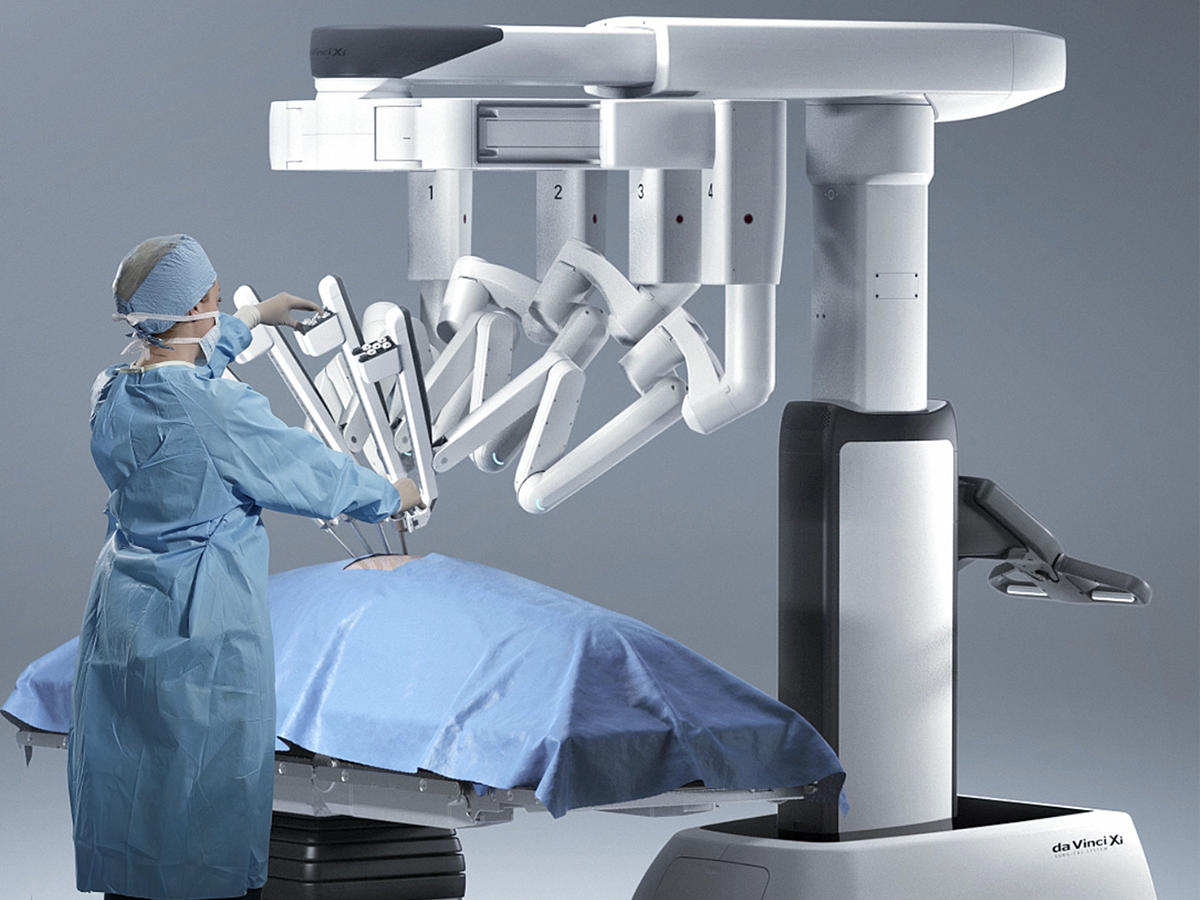Given the high expenses of medical services, financial management is essential to the healthcare industry’s operational performance. Due to the intricacy of healthcare service and the ongoing advancement of medical technology and regulations, the healthcare industry necessitates a distinct approach to investment management, in contrast to many others. In this context, optimizing patient care and cost-effectiveness while safeguarding the financial stability of healthcare organizations is largely dependent on healthcare investment management.
Comprehending Healthcare Investment Management
Financial methods that are specifically designed for the healthcare industry are included in the category of healthcare investment management. Healthcare administrators need to constantly negotiate the ever-changing landscape of laws, technology, and market dynamics in order to maintain their financial sustainability. This include determining important cost drivers, looking at ways to save costs, and funding projects that improve the standard of patient care and organizational effectiveness.
Hiring professionals with experience in healthcare finance management to handle financial operations is a solid approach to healthcare investment management. This entails managing staff, accounting, budget planning, information technology, facilities operations, and contract negotiations. Financial experts may handle these duties, freeing up healthcare organizations to concentrate on their primary goal of providing top-notch patient care.
The Advantages of Healthcare Financial Management
Numerous industry-wide advantages of financial management in healthcare are available to both patients and providers:
1.Analysis and Reporting: Healthcare providers can monitor spending, assess costs associated with patient outcomes, and make well-informed investment decisions with the help of strategic financial management. Long-term planning for sustainable growth is made easier and financial transparency is improved by this data-driven approach.
2.Risk management in healthcare includes: Cybersecurity, preventing fraud, and adhering to reimbursement guidelines in addition to hazards associated with patients. In the current digital healthcare environment, patient data and financial assets must be protected at all costs.
3.Quality of Care: Providers are encouraged by value-based payment schemes to put patients’ health outcomes ahead of their services. Healthcare companies can save long-term costs and enhance overall care quality by emphasizing patient satisfaction, chronic disease management, and preventative treatment.
4.Novel Sources of Income: Strategic income possibilities that are in line with the organization’s goal and core competencies are found through healthcare investment management. This entails making use of cutting-edge developments like artificial intelligence (AI), telemedicine, and digital health systems to improve patient involvement and increase service options.
New Developments in Healthcare Finance
Revolutionary trends in the healthcare sector are being driven by changing care delivery models, technology, and demographic shifts:
1.Technological Advancements: Personalized treatment plans, remote patient monitoring, and proactive healthcare interventions are made possible by artificial intelligence (AI), big data analytics, and digital health tools. These developments enhance patient outcomes, accessibility, and efficiency.
2.Outpatient Service Models: By investing in outpatient services and forming alliances with medical practices, hospitals are expanding their sources of income. This change lessens reliance on conventional inpatient care and reflects shifting patient preferences.
3.Demographic Opportunities: Aging populations present opportunities for specialized care programs targeting elderly patients’ unique needs. Additionally, telemedicine and digital healthcare apps extend healthcare services to remote populations, driving growth and value creation.
The Expanding Demand for Medical Experts
There is an increasing need for qualified personnel in all areas of healthcare as the sector grows. Personal care aides, home health aides, therapy assistants, and diagnostic medical sonographers fall under this category. In the healthcare industry, job opportunities and career advancement prospects are facilitated by the aging population and changing care methods.
For healthcare organizations to succeed and last, sound financial management is essential. Healthcare providers may effectively navigate hurdles, spur innovation, and prosper in the dynamic healthcare environment by adopting strategic investment strategies, capitalizing on new trends, and placing a high priority on patient-centric care.








